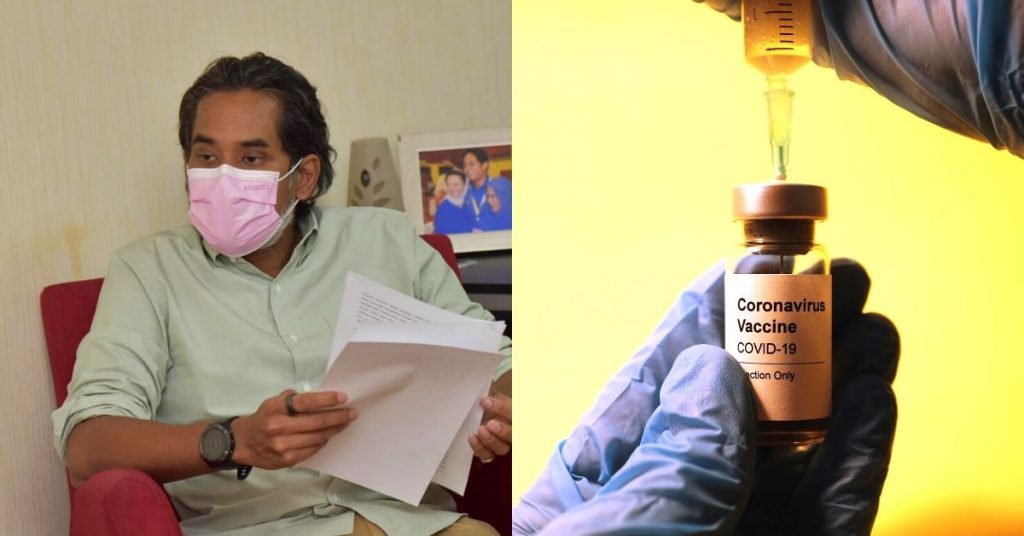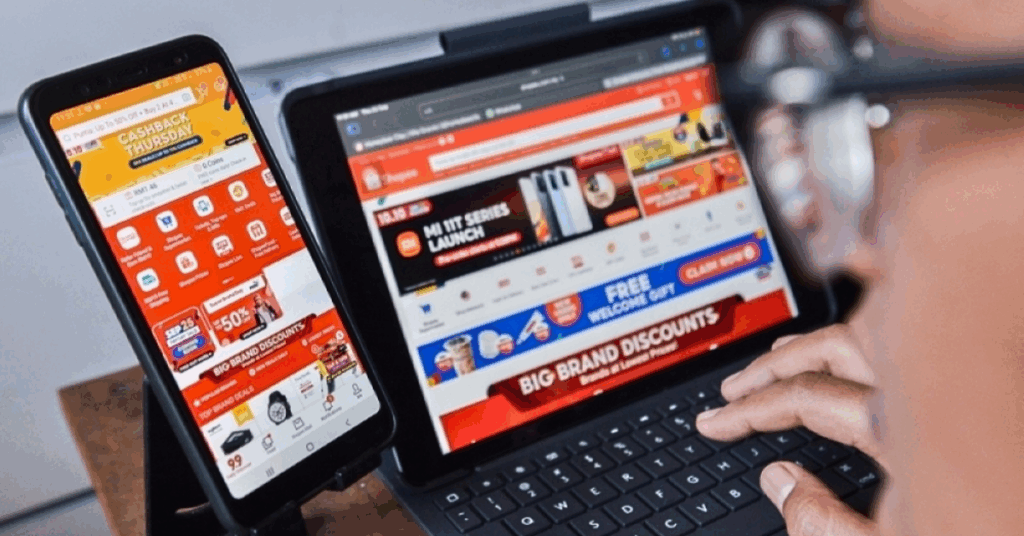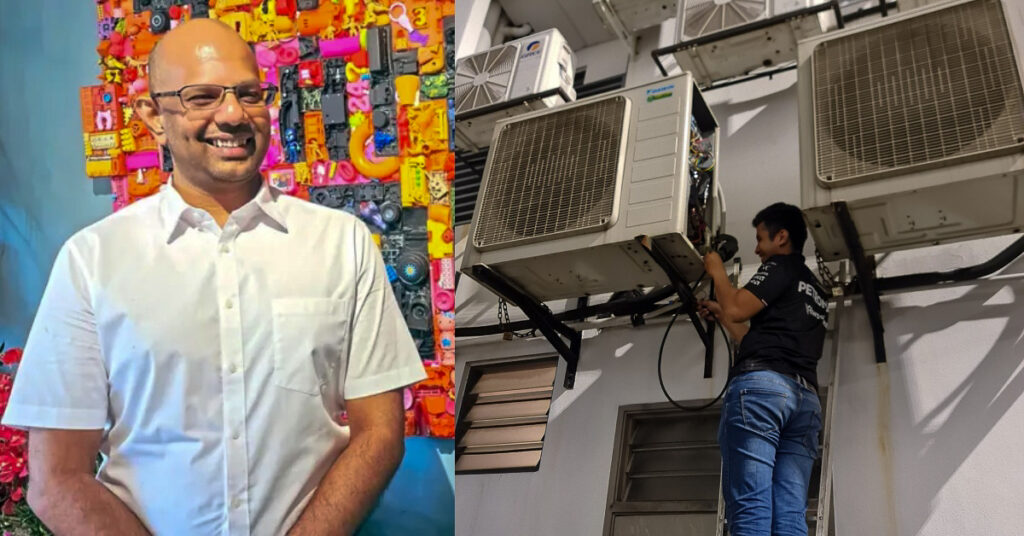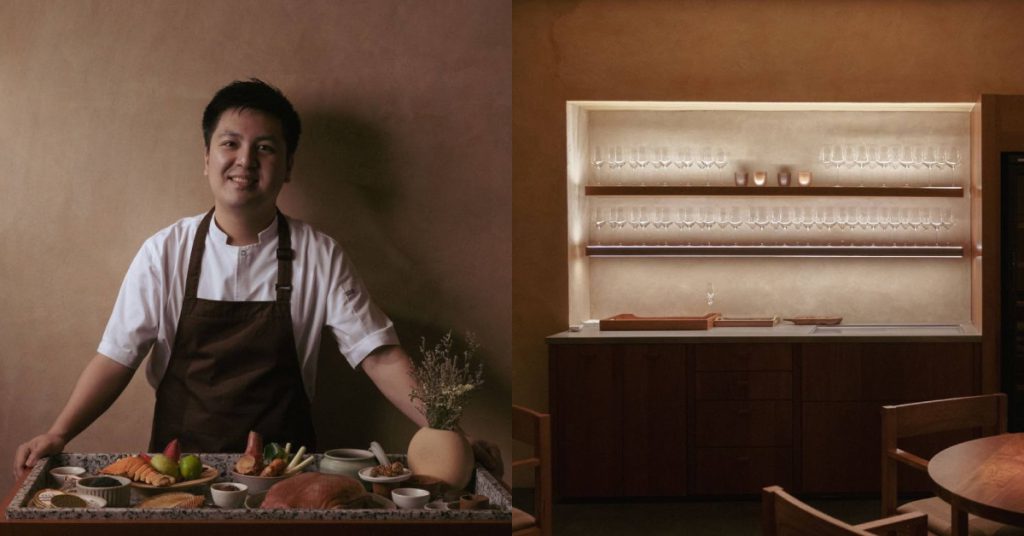Author’s blurb: The world’s recovery stage from the pandemic is taking place. True enough, COVID-19 vaccines are already being distributed and will be reaching Malaysia’s shores very soon.
A recent study by YouGov found that 82% of Malaysians are ready to be vaccinated. This was announced by PM Tan Sri Muhyiddin Yassin at the Prime Minister’s Office in November 2020.
While the nation’s people await the availability of these vaccines, here are 7 facts to know about the shot, as highlighted by ypolitics.my in their Instagram post.
1. 82.8% Of The Population Will Be Vaccinated
To achieve herd immunity, 70% of the population needs to be vaccinated. With an allocation of RM2.05 billion, Malaysia has managed to procure COVID-19 vaccines for 82.8% of the population (26.5 million Malaysians).
They will be obtained from a few brands:
- 20% from Pfizer-BioNTech;
- 10% from Oxford-AstraZeneca;
- 10% from the WHO Covax facility;
- 21.9% from Sinovac;
- 10.9% from CanSinoBIO;
- 10% from Russia’s Sputnik V vaccine.
2. The Vaccine Will Be Free For Malaysians And Is Voluntary

It will be given free to Malaysians, but foreigners may have to pay a fee determined by the Ministry of Health. This was announced by Muhyiddin at the Prime Minister’s Office.
The shot will also be voluntary. You can opt to sign up and give your consent for the injection through a MySejahtera app feature which will be rolled out in the near future.
A portion of foreign workers, expatriates, and other non-Malaysian residents will also be included in the programme, which was announced on January 5 this year.
However, the number of people involved in these groups will be decided by the government based on risk assessments.
If we vaccinate our people but not three million foreigners, we are at risk because we haven’t hit the threshold of herd immunity.
Khairy Jamaluddin, from the Ministry of Science, Technology, and Innovation (MOSTI).
3. Children Are Exempted From The Vaccine
For now, only the adult population will be inoculated (given the vaccine). Children are exempted due to the lack of clinical trials on kids aged 12 and below.
High-risk groups will be prioritised. They include frontliners, senior citizens, and those with autoimmune diseases.
4. Side Effects Will Only Be Short-Term
Based on the data received by MOSTI, the vaccine will not have serious side effects.
“All vaccines have side effects. What’s important is that they aren’t serious or harmful,” said Deputy Minister Ahmad Amzad Hashim in an interview with Bernama Radio’s Jendela Fikir programme.

Some common side effects reported by the Centre for Disease Control and Prevention (CDC) in the US noted:
- Fever;
- Chills;
- Tiredness;
- Headache; and
- Pain and swelling on the arm where you got the shot.
In most cases, discomfort from fever or pain is normal. The CDC advised those experiencing side effects to contact a doctor if:
- The redness or tenderness where you got the shot increases after 24 hours;
- Your side effects are worrying you or do not seem to be going away after a few days.
5. Approval For Its Use Will Take 90-120 Days
Muhyiddin announced that Malaysia will receive its first batch of vaccines in February 2021.
However, inoculation will only start when the vaccine receives approval from our National Pharmaceutical Regulatory Agency (NPRA) after a thorough review process.
This process can take between 90-120 days. Meaning, the earliest date of approval is April 26, while the latest will be June 14.

But it’s worth noting that the US has already approved emergency use for the Pfizer vaccine. It was authorised by the country’s Food and Drug Administration (FDA) on December 11, which found it safe and 95% effective.
This result was based on a global Phase 3 clinical trial of more than 43,000 participants.
Dictionary time: During Phase 3 trials, large-scale testing is conducted to determine if the vaccine protects against the virus. Once Phase 3 has proven efficacy, the vaccine undergoes a review process from the national drug regulatory agency for mass use.
So far, the US, UK, and Canada have already begun inoculating their citizens with the Pfizer vaccine.
Regardless of decisions in other countries, the NPRA will make its own independent assessments, assured Azrul Mohd Khalib, chief executive of the Galen Centre for Health and Social Policy.
“Malaysia has its own review process, which must be applied consistently and predictably across different pharmaceutical products. It is important to not take unnecessary compromises or shortcuts,” Azrul said in an interview with CodeBlue.
6. It May Be Malaysia’s Biggest Logistical Challenge In History

The Pfizer vaccine needs to be stored at minus 75°C—which means logistical issues. Even high-income and cold countries like the US and UK foresee massive logistical hurdles.
The UK’s NHS described the COVID-19 immunisation programme as “one of the greatest challenges the NHS has ever faced”.
An unbroken cold chain with temperatures below minus 75°C has to be maintained, or it will risk defrosting and losing its efficacy within a day.
But Malaysia already has ultra-cold storage capabilities, such as the -80°C freezers in public universities and research institutions all over the country.
That’s according to MOSTI’s Khairy, who added that Malaysia’s agreement with Pfizer also covers its delivery to multiple points of vaccination.
7. They’ve Got It Covered For Those In Rural Areas
Due to the special storage requirements, poor infrastructure will pose difficulties when it comes to last-mile deliveries in rural areas.
Rural villagers may face transport challenges in reaching vaccination centres, especially if they’re stationed in major towns and cities.
To combat this, the government is planning to distribute vaccines that can be stored at normal fridge temperatures of between 2-8°C.
This will include most of the other brands mentioned above, as only Pfizer requires storage at ultra-cold temperatures.
-//-
It’s heartening to hear that Malaysia may finally see a more reliable solution to overcoming the pandemic, but getting the vaccine does not mean we can immediately resume our pre-pandemic lifestyles.
As Dr Noor Hisham reminded us, the COVID-19 vaccine should not be viewed as an “immunity passport” for people to disobey restrictions and travel freely.
Bottom line: It sounds hard to believe that Malaysians will be getting the vaccination for free, but if the Ministry of Health’s free immunisation programme is any indication, rest assured that unless you’re seeking treatment from private healthcare facilities, you may just walk away vaccinated, paying close to nothing at KKM.
- You can read more COVID-19 related articles here.
Featured Image Credit: MOSTI’s Khairy Jamaluddin and Unsplash














